Pope Francis celebrates Canonisation Mass of 5 New Saints and says “Let us ask to be like that, “kindly lights.”
HOLY MASS AND CANONISATION OF THE BLESSEDS:
JOHN HENRY NEWMAN, GIUSEPPINA VANNINI,
MARIAM THRESIA CHIRAMEL MANKIDIYAN, DULCE LOPES PONTES, MARGUERITE BAYS
HOMILY OF HIS HOLINESS POPE FRANCIS
St Peter’s Square
XXVIII Sunday of Ordinary Time
13 October 2019
“Your faith has saved you” (Lk 17:19). This is the climax of today’s Gospel, which reflects the journey of faith. There are three steps in this journey of faith. We see them in the actions of the lepers whom Jesus heals. They cry out, they walk and they give thanks.
First, they cry out. The lepers were in a dreadful situation, not only because of a disease that, widespread even today, needs to be battled with unremitting effort but also because of their exclusion from society. At the time of Jesus, lepers were considered unclean and, as such, had to be isolated and kept apart (cf. Lev 13:46). We see that when they approach Jesus, they “kept their distance” (Lk 17:12). Even though their condition kept them apart, the Gospel tells us that they “called out” (v. 13) and pleaded with Jesus. They did not let themselves be paralysed because they were shunned by society, they cried out to God, who excludes no-one. We see how distances are shortened, how loneliness is overcome – by not closing in on ourselves and our own problems, by not thinking about how others judge us but rather by crying out to the Lord, for the Lord hears the cry of those who find themselves alone.
Like those lepers, we too need healing, each one of us. We need to be healed of our lack of confidence in ourselves, in life, in the future we need to be healed of our fears and the vices that enslave us, of our introversion, our addictions and our attachment to games, money, television, mobile phones, to what other people think. The Lord sets our hearts free and heals them if only we ask Him, only if we say to Him : “Lord, I believe you can heal me. Dear Jesus, heal me from being caught up in myself. Free me from evil and fear”. The lepers are the first people, in this Gospel, who called to the name of Jesus. Later, a blind man and a crucified thief would do so, all of them needy people calling on the name of Jesus, which means: “God saves”. They call God by name, directly and spontaneously. To call someone by name is a sign of confidence and it pleases the Lord. That is how faith grows, through confident, trusting prayer. Prayer in which we bring to Jesus, who we really are, with open hearts, without attempting to mask our sufferings. Each day, let us invoke with confidence the name of Jesus, “God saves”. Let us repeat it: that is prayer, to say “Jesus“ is to pray. And prayer is essential! Indeed, prayer is the door of faith, prayer is medicine for the heart.
The second word, is to walk. It is the second stage. In today’s brief Gospel, there are several verbs of motion. It is quite striking is that the lepers are not healed as they stand before Jesus, it is only afterwards, as they were walking. The Gospel tells us that: “As they went, they were made clean” (v. 14). They were healed by going up to Jerusalem, that is, while walking uphill. On the journey of life, purification takes place along the way, a way that is often uphill since it leads to the heights. Faith calls for journey, a “going out” from ourselves, and it can work wonders if we abandon our comforting certainties, if we leave our safe harbours and our cosy nests. Faith increases by giving, and grows by taking risks. Faith advances when we make our way equipped with trust in God. Faith advances with humble and practical steps, like the steps of the lepers or those of Naaman who went down to bathe in the river Jordan (cf. 2 Kings 5:14-17). The same is true for us. We advance in faith by showing humble and practical love, exercising patience each day and praying constantly to Jesus as we keep pressing forward on our way.
There is a further interesting aspect to the journey of the lepers: they move together. The Gospel tells us that, “as they went, they were made clean” (v. 14). The verbs are in the plural. Faith means also walking together, never alone. Once healed, however, nine of them go off on their own way and only one turns back to offer thanks. Jesus then expresses His astonishment: “The others, where are they?” (v. 17). It is as if He asks the only one who returned, to account for the other nine. It is the task of us, who celebrate the Eucharist as an act of thanksgiving, to take care of those who have stopped walking, those who have lost their way. We are called to be guardians of our distant brothers and sisters, all of us! We are to intercede for them, we are responsible for them, to account for them, to keep them close to heart. Do you want to grow in faith? You, who are here today, do you want to grow in faith? Then take care of a distant brother, a faraway sister.
To cry out. To walk. And to give thanks. This is the final step. Only to the one who thanked Him did Jesus say: “Your faith has saved you” (v. 19). It made you both safe and sound. We see from this, that the ultimate goal is not health or wellness but the encounter with Jesus. Salvation is not drinking a glass of water to keep fit, it is going to the source, which is Jesus. He alone frees us from evil and heals our hearts. Only an encounter with Him can save, can make life full and beautiful. Whenever we meet Jesus, the word “thanks” comes immediately to our lips, because we have discovered the most important thing in life, which is not to receive a grace or resolve a problem but to embrace the Lord of life. And this is the most important thing in life – to embrace the Lord of life.
It is impressive to see how the man who was healed, a Samaritan, expresses his joy with his entire being – he praises God in a loud voice, he prostrates himself and he gives thanks (cf. vv. 15-16). The culmination of the journey of faith is to live a life of continual thanksgiving. Let us ask ourselves – do we, as people of faith, live each day as a burden, or as an act of praise? Are we closed in on ourselves, waiting to ask another blessing, or do we find our joy in giving thanks? When we express our gratitude, the Father’s heart is moved and He pours out the Holy Spirit upon us. To give thanks is not a question of good manners or etiquette, it is a question of faith. A grateful heart is one that remains young. To say “Thank you, Lord” when we wake up, throughout the day and before going to bed – that is the best way to keep our hearts young, because hearts can grow old and be spoilt. This also holds true for families and between spouses. Remember to say thank you. Those words are the simplest and most effective of all.
To cry out. To walk. To give thanks. Today we give thanks to the Lord for our new Saints. They walked by faith and now we invoke their intercession. Three of them were religious women, they show us that the consecrated life is a journey of love at the existential peripheries of the world. Saint Marguerite Bays, on the other hand, was a seamstress, she speaks to us of the power of simple prayer, enduring patience and silent self-giving. That is how the Lord made the splendour of Easter radiate in her life, in her humbleness. Such is the holiness of daily life, which Saint John Henry Newman described in these words – “The Christian has a deep, silent, hidden peace, which the world sees not… The Christian is cheerful, easy, kind, gentle, courteous, candid, unassuming, has no pretence… with so little that is unusual or striking in his bearing, that he may easily be taken at first sight for an ordinary man” (Parochial and Plain Sermons, V, 5).
Let us ask to be like that, “kindly lights amid the encircling gloom.” Jesus, “stay with me and then I shall begin to shine as Thou shinest, so to shine as to be a light to others” (Meditations on Christian Doctrine, VII, 3). Amen … Vatican.va
Saint John Henry Newman, Pray for Us!
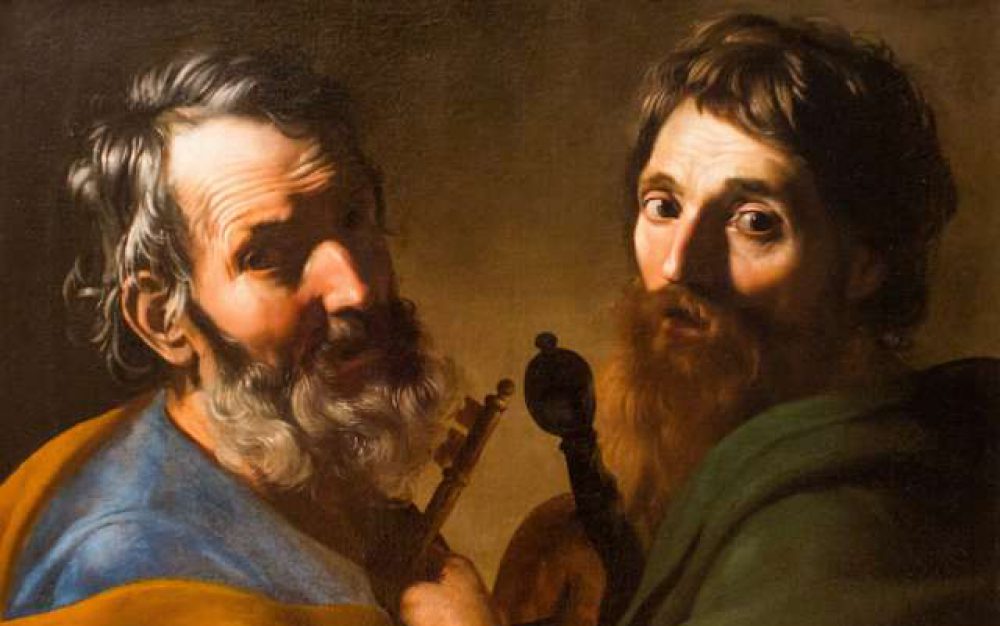
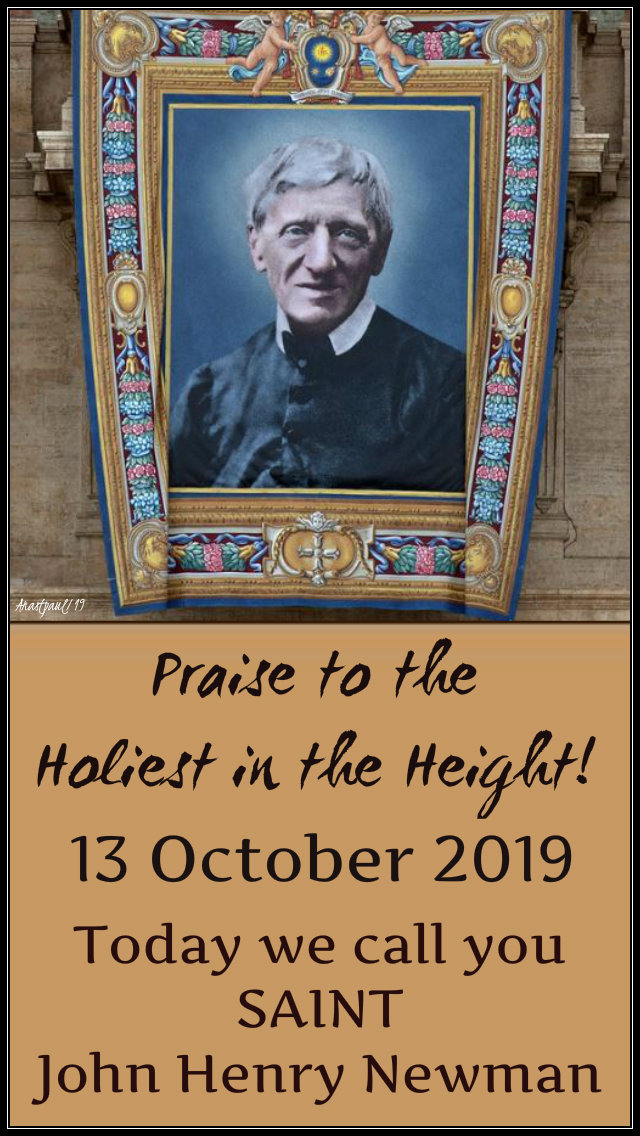
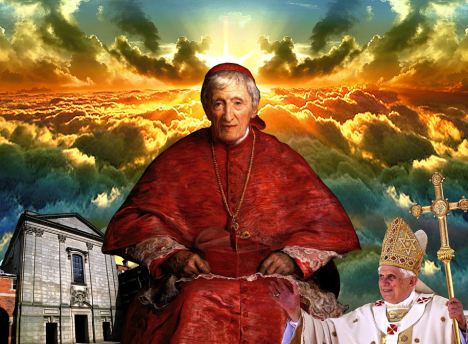
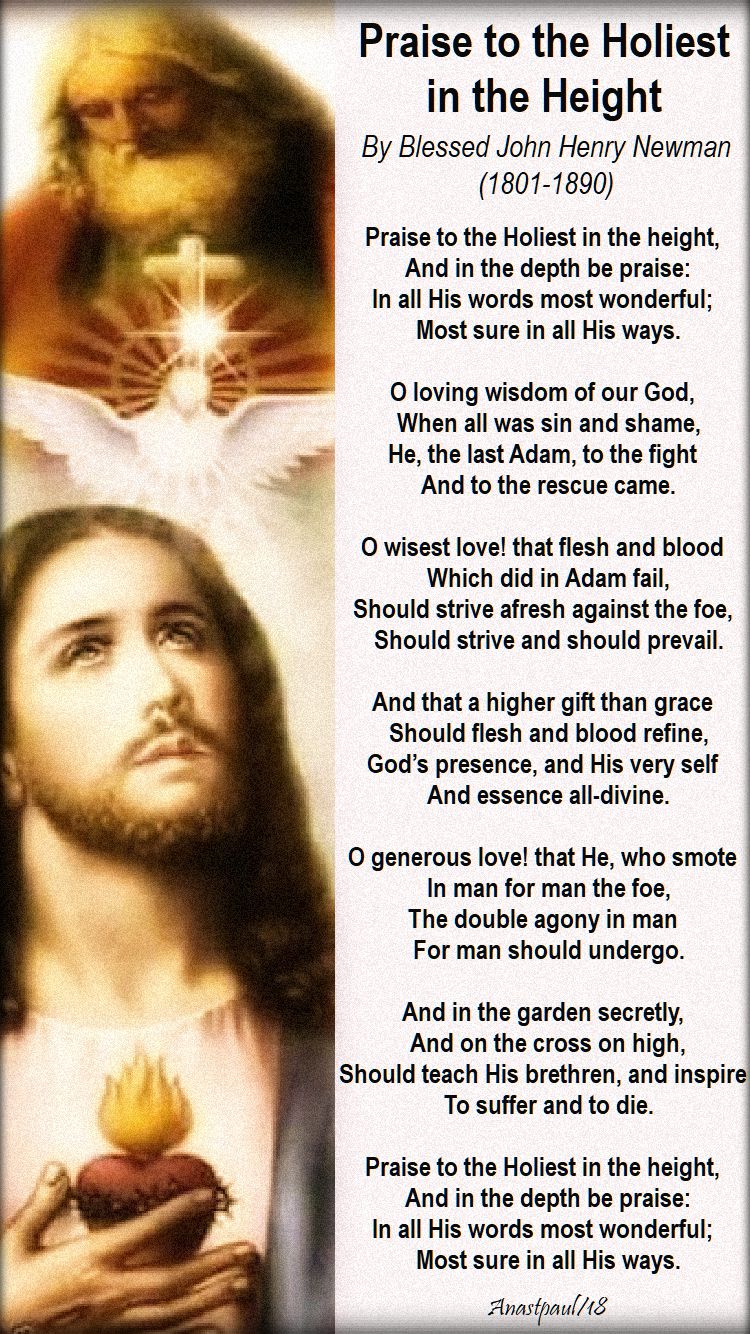
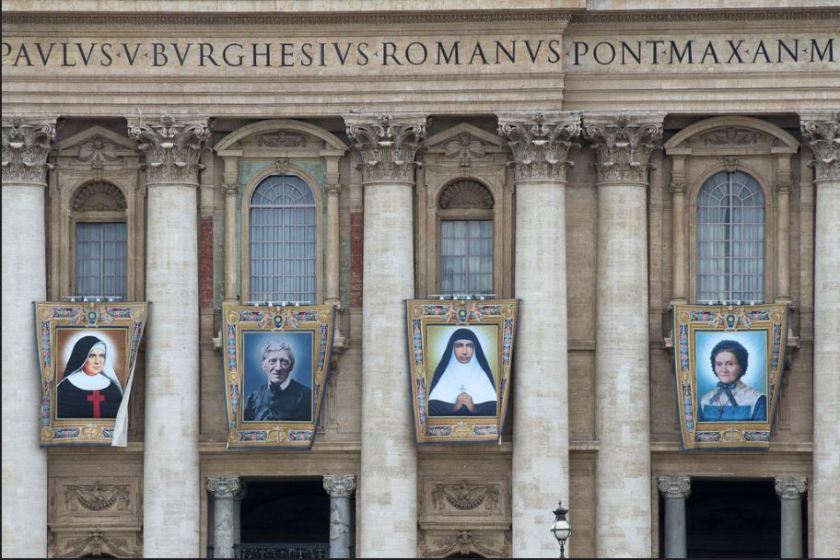
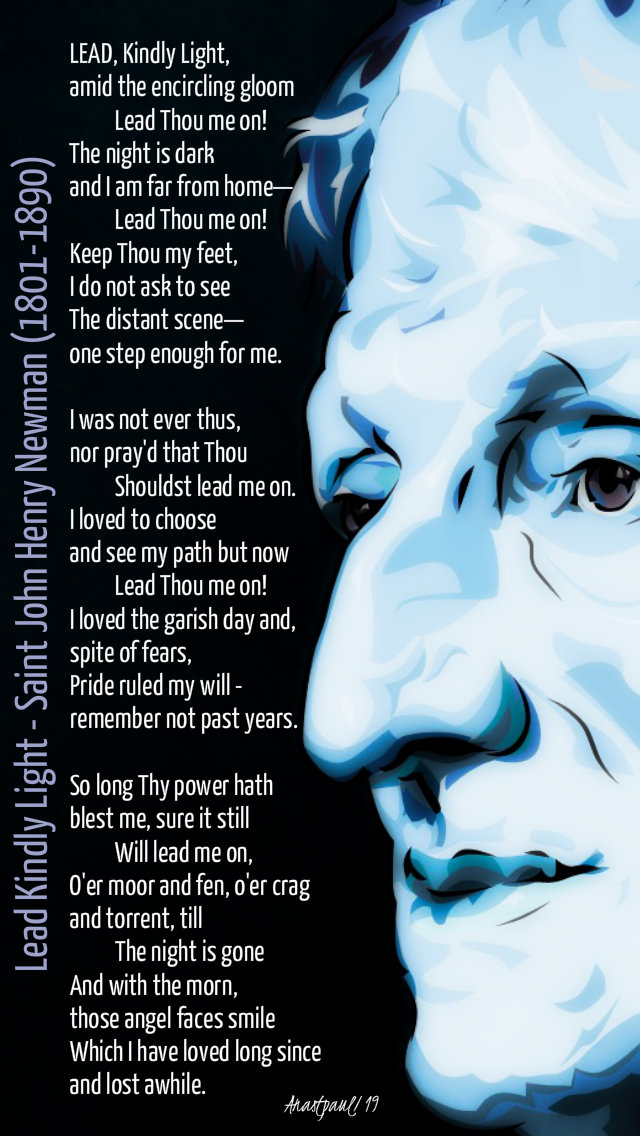
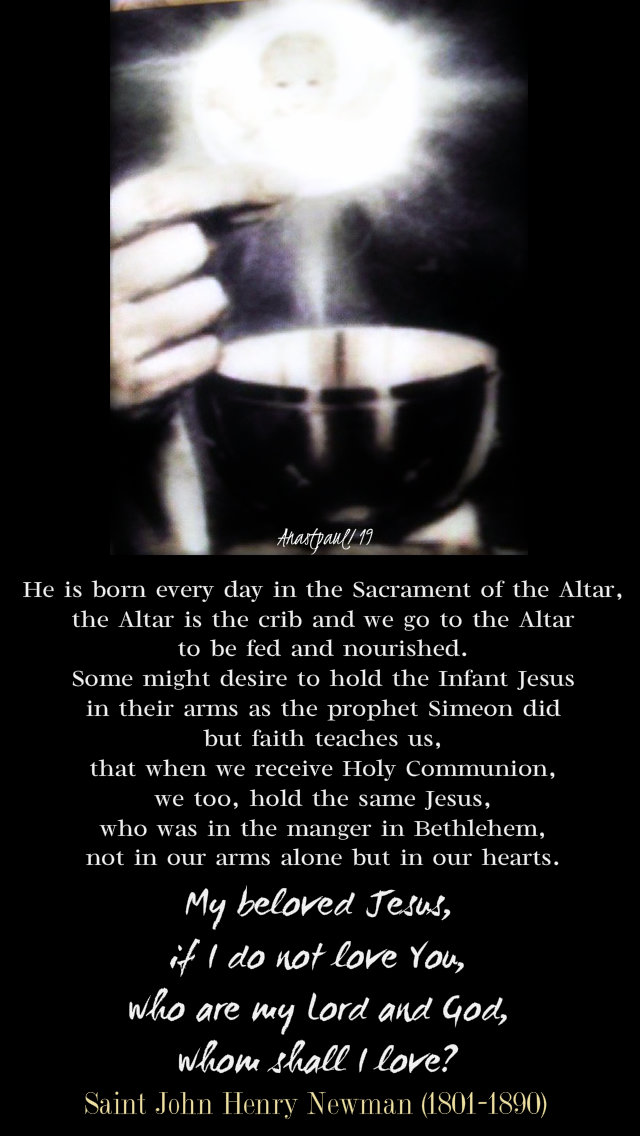
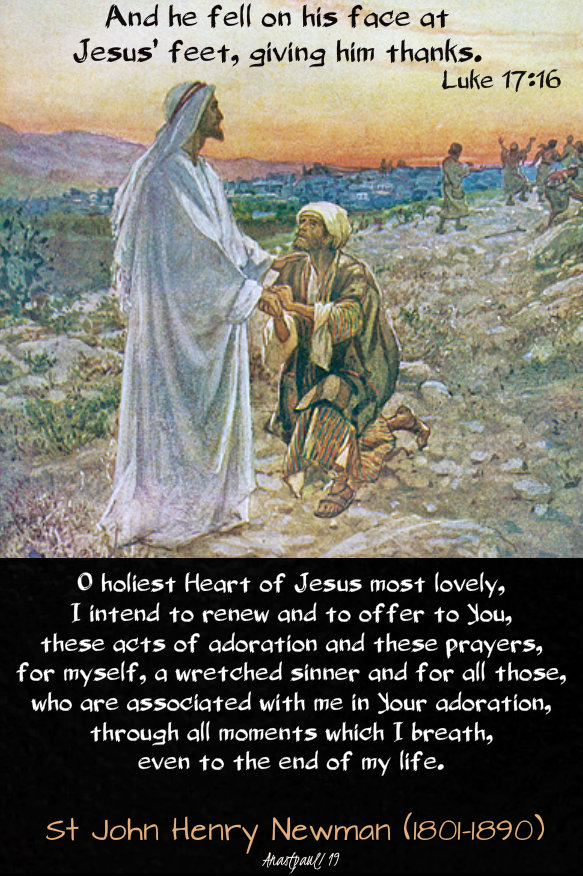
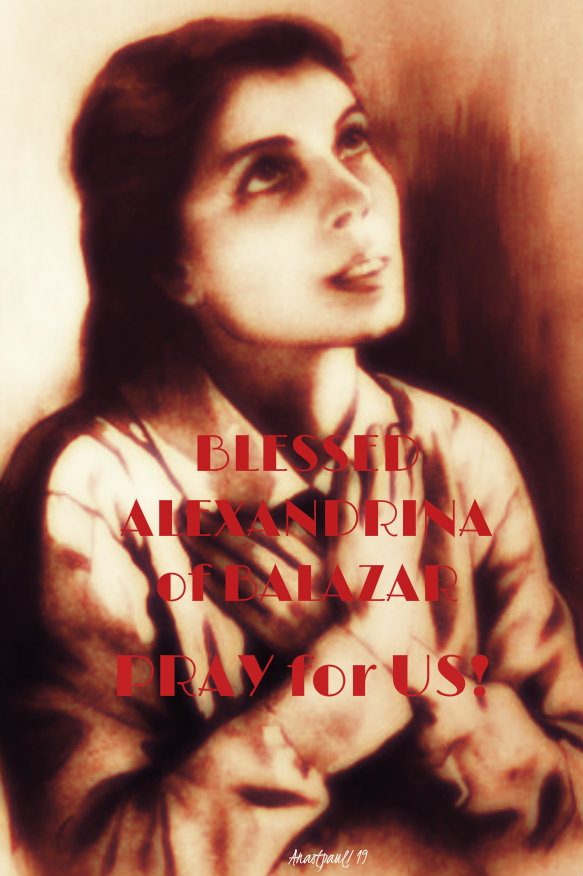
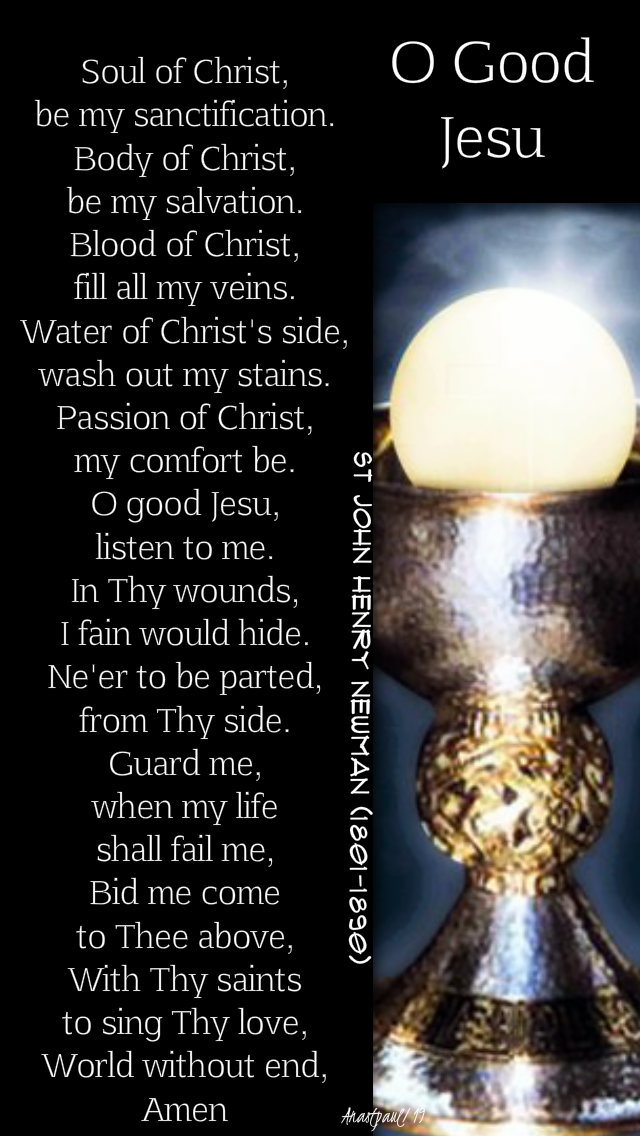
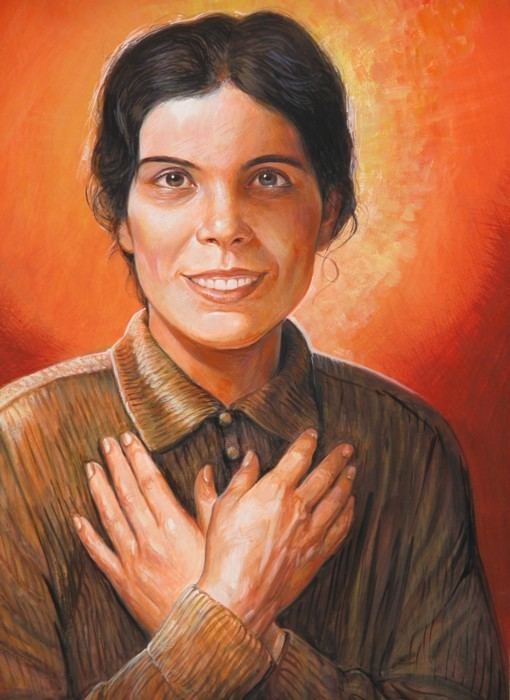
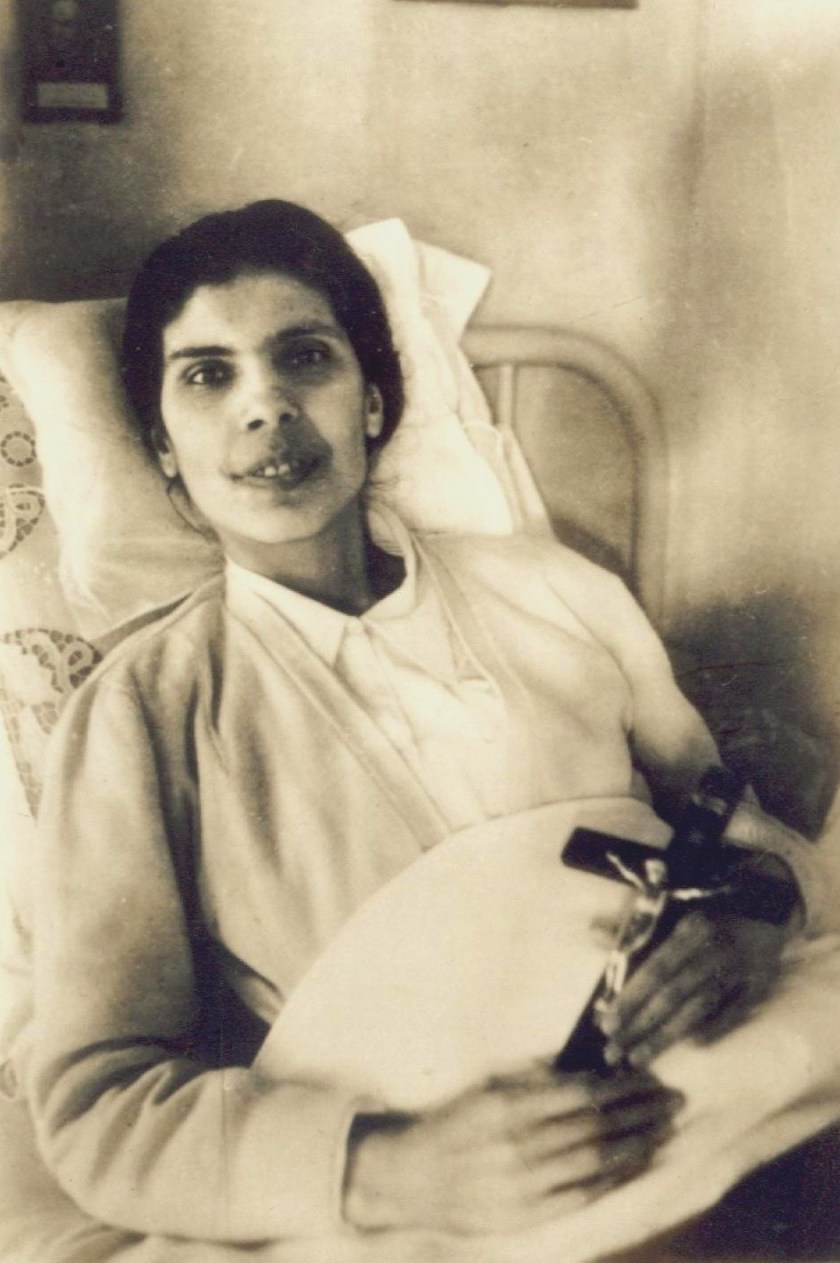



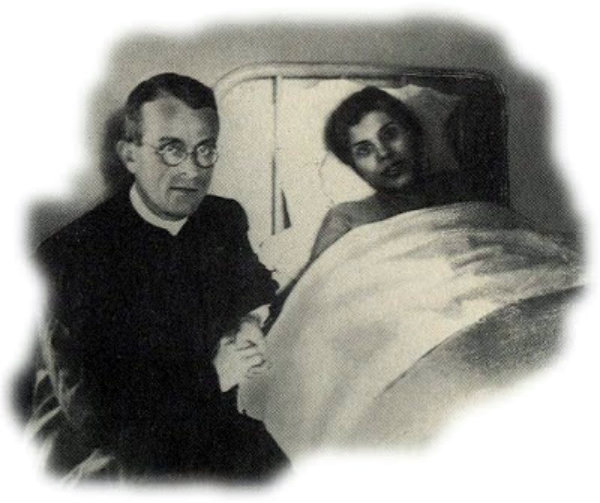
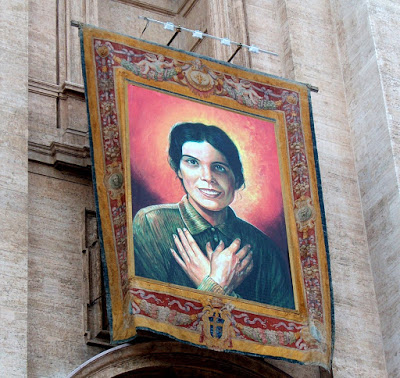
You must be logged in to post a comment.